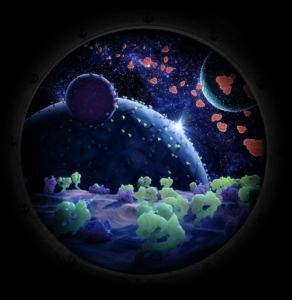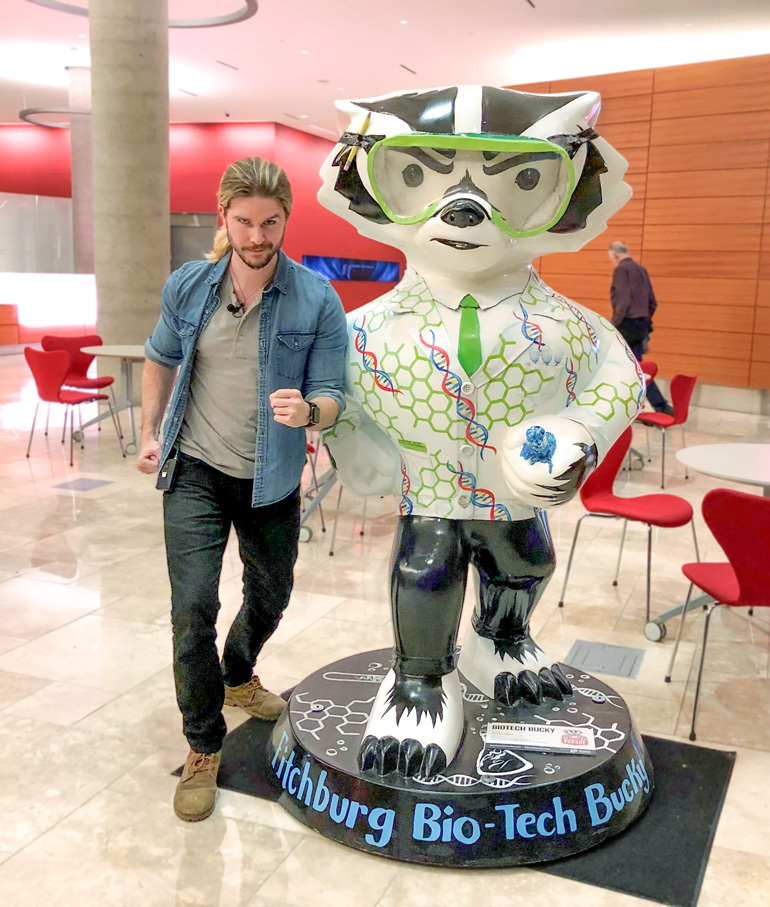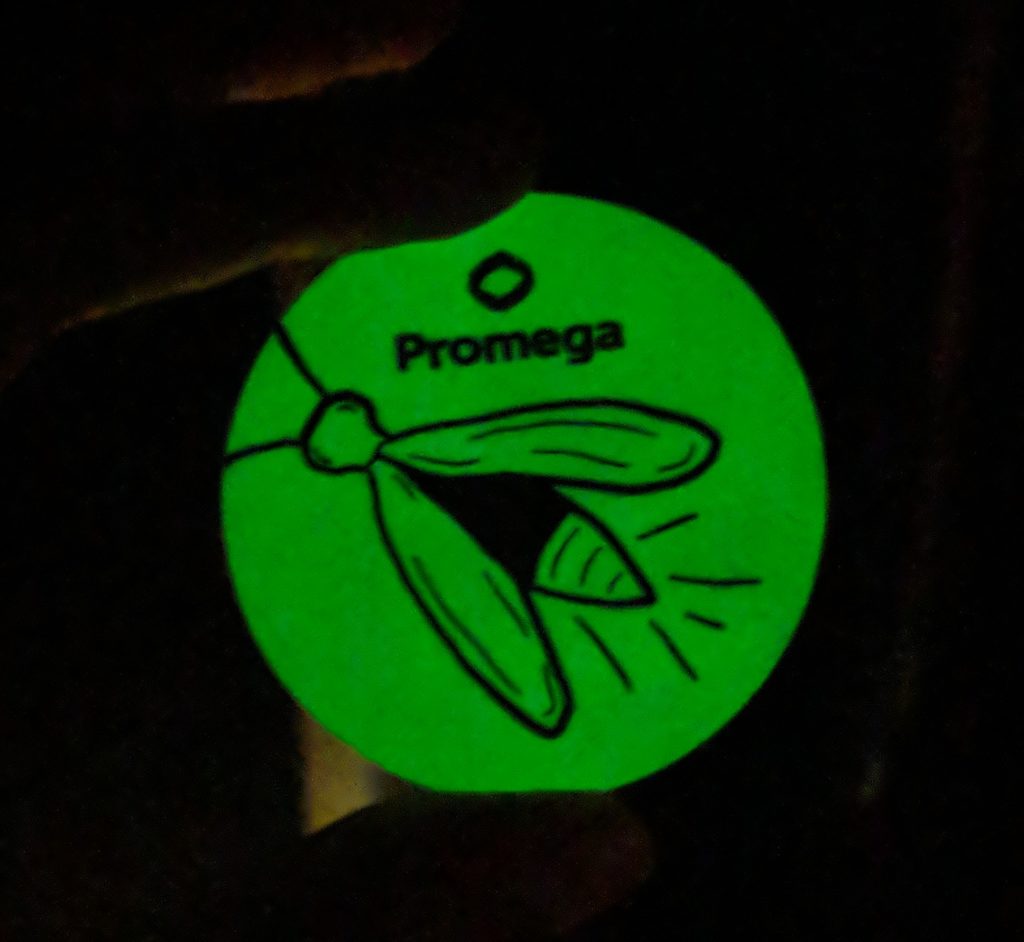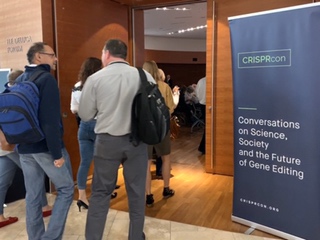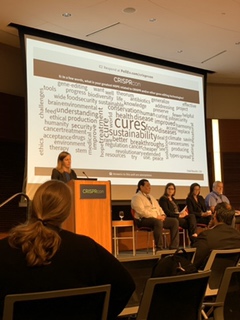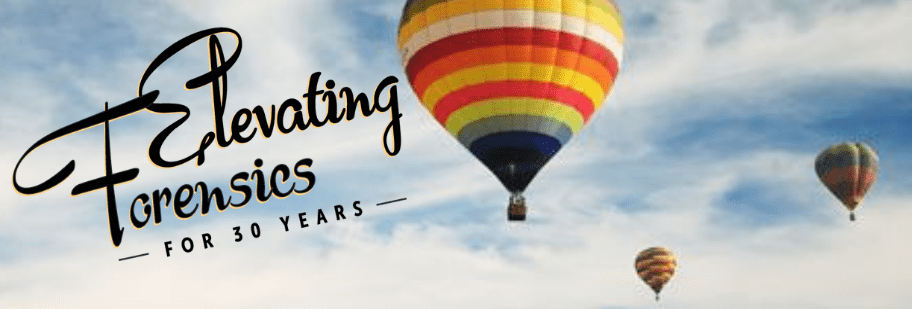Last year, on Promega’s 40th anniversary, we received a generous gift from a friend in the industry: Eppendorf. That gift was an exchange program. The teenage child of any Promega employee was given the opportunity to visit an Eppendorf family in another country, and in return host the Eppendorf family’s child in their home. The goal was for both children to experience another culture and build a relationship with each other.
In 2019, 11 Promega children bid good-bye to their parents, hopped on a plane, and flew to Germany. There they would stay for three weeks with a family they’ve never met. For all involved, it proved to be a valuable and positive learning opportunity. Here are a few takeaways from their experience:
Continue reading “Learnings From the Eppendorf Exchange Program”